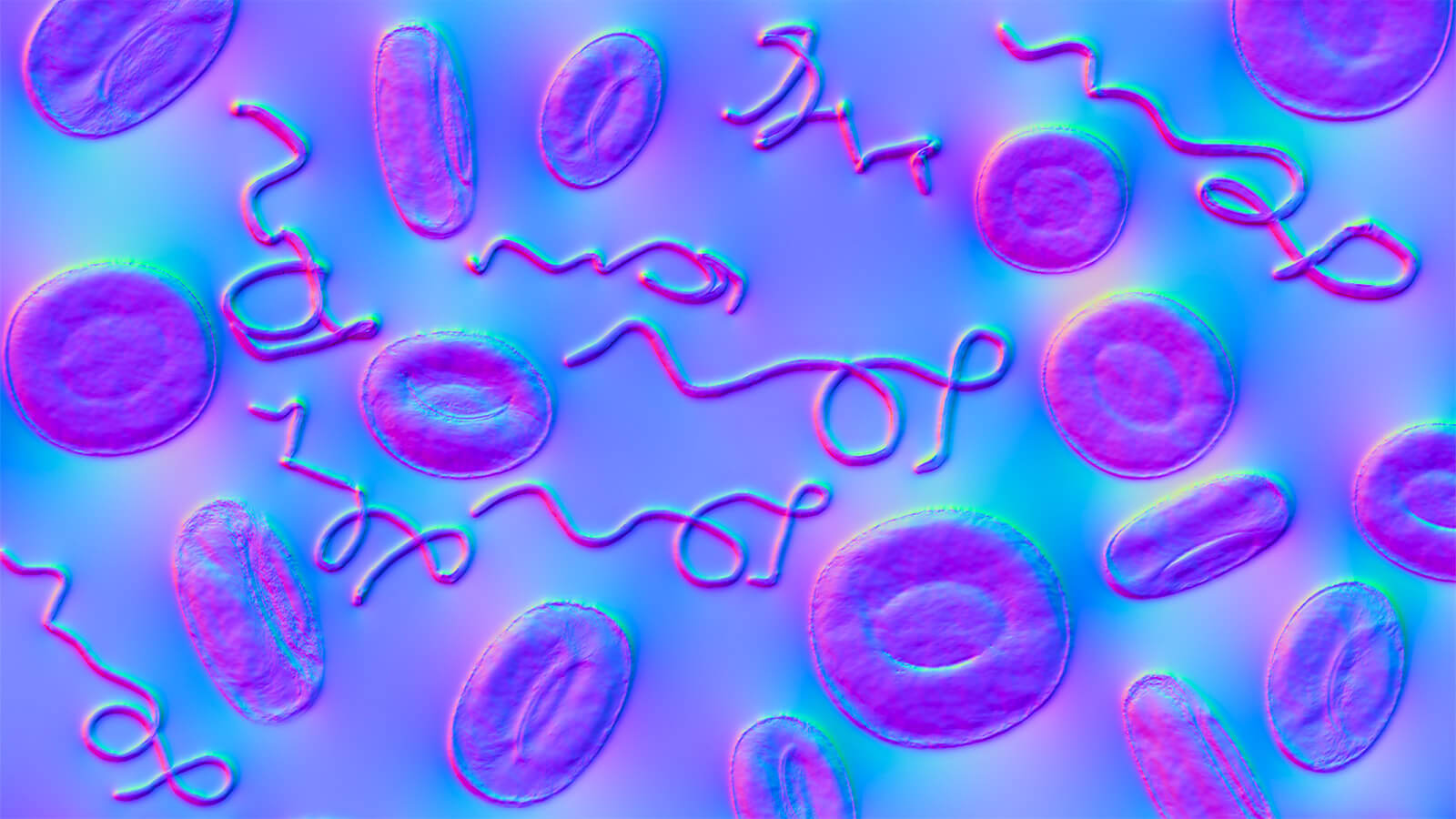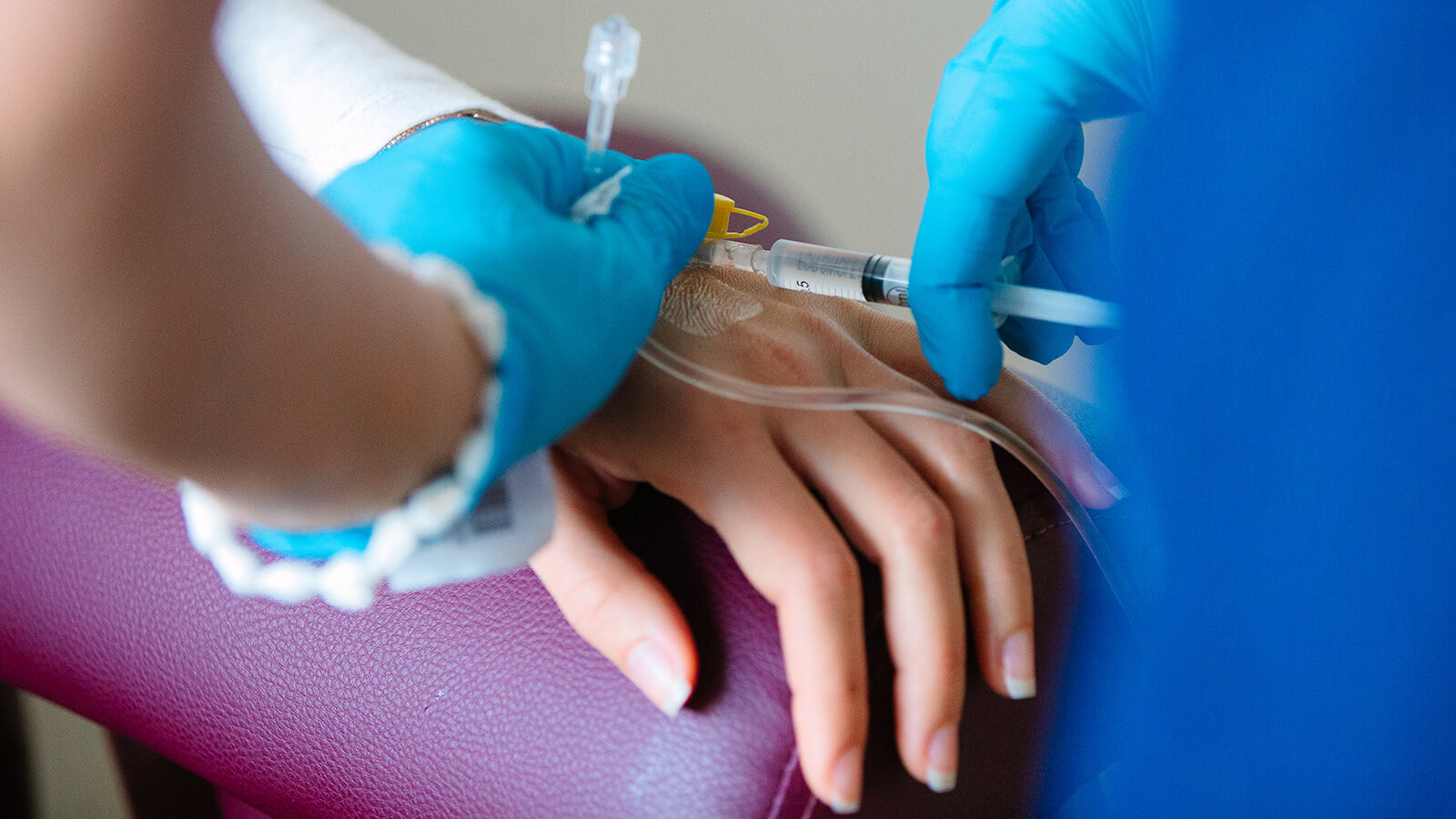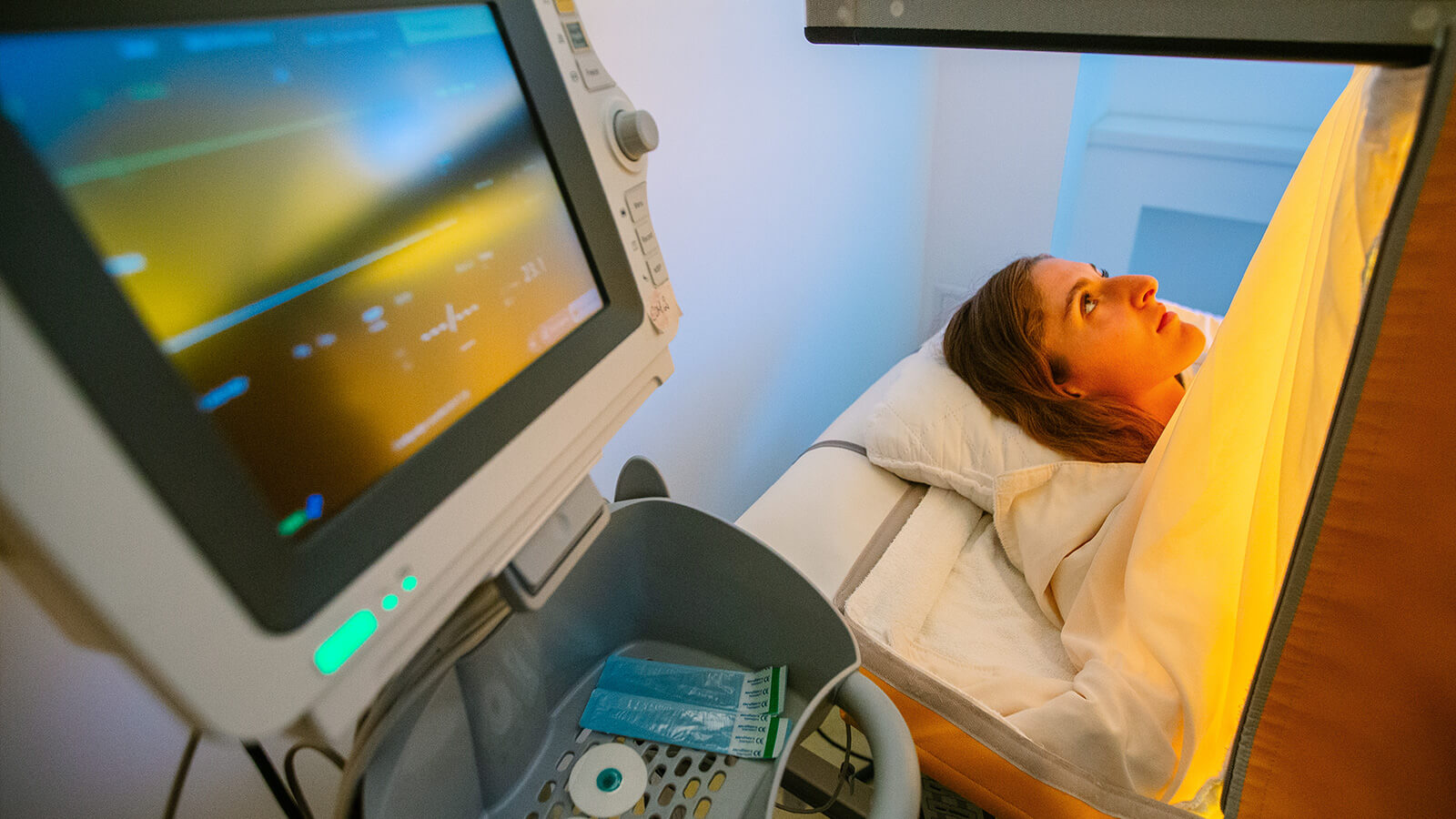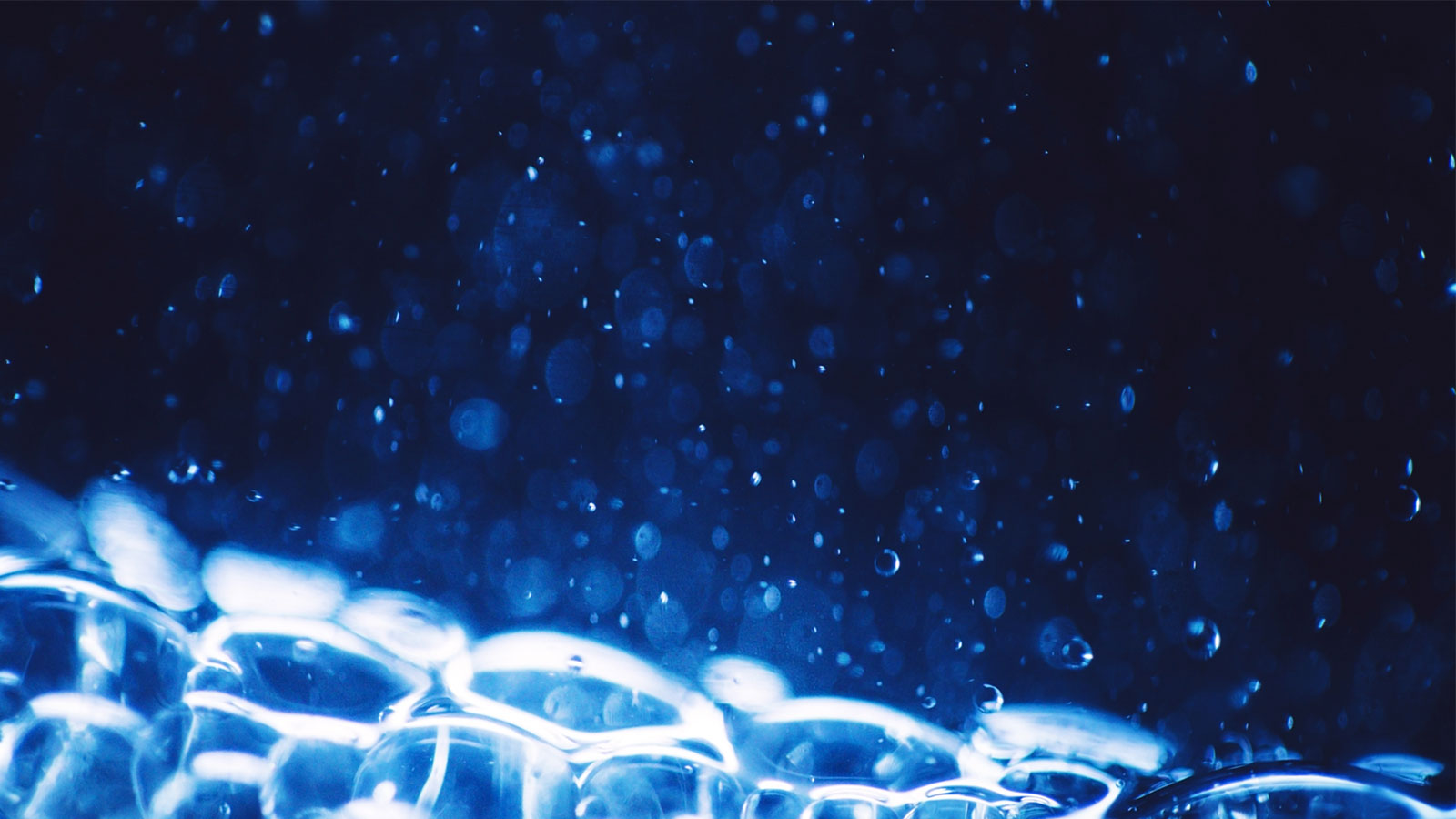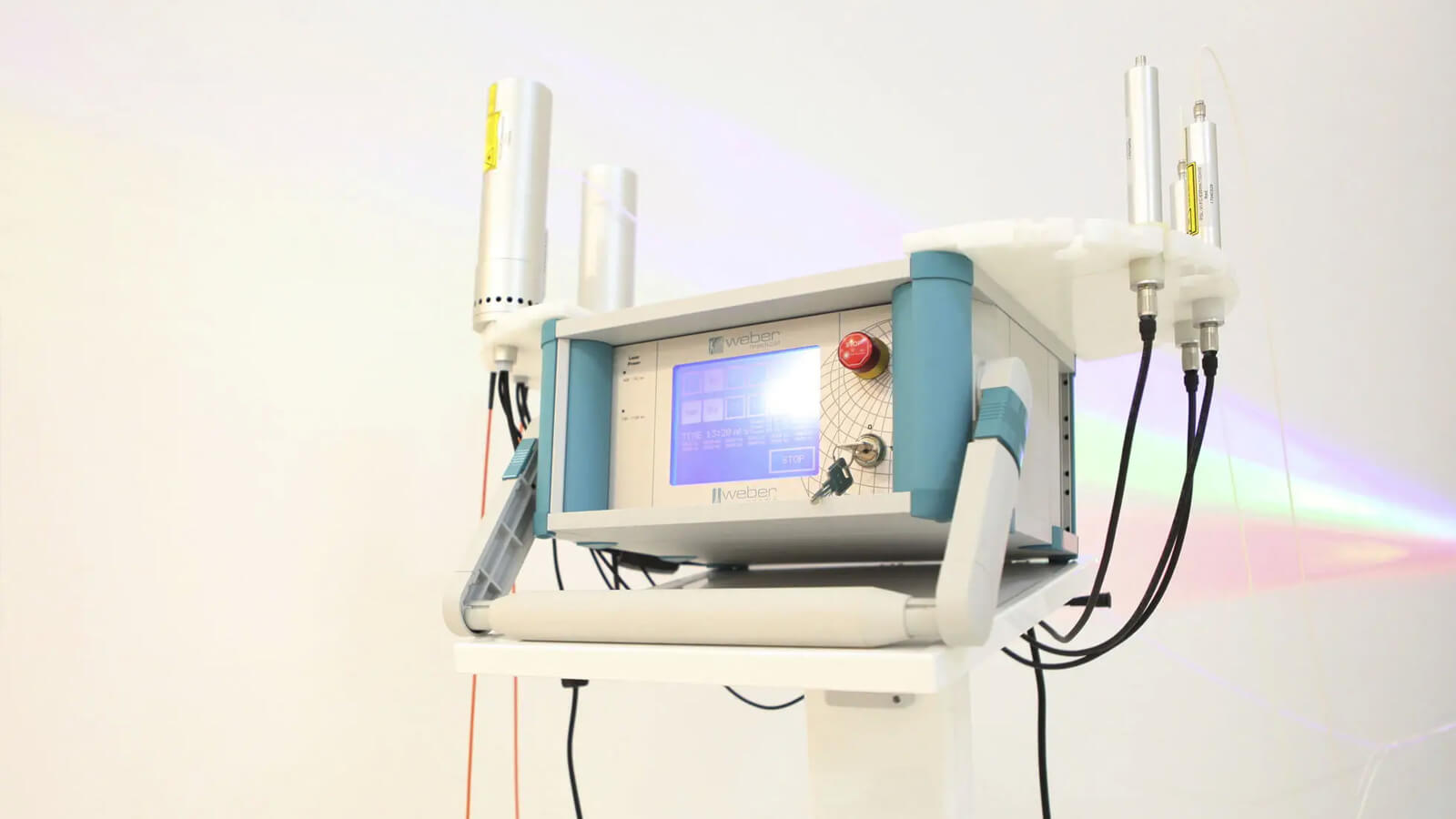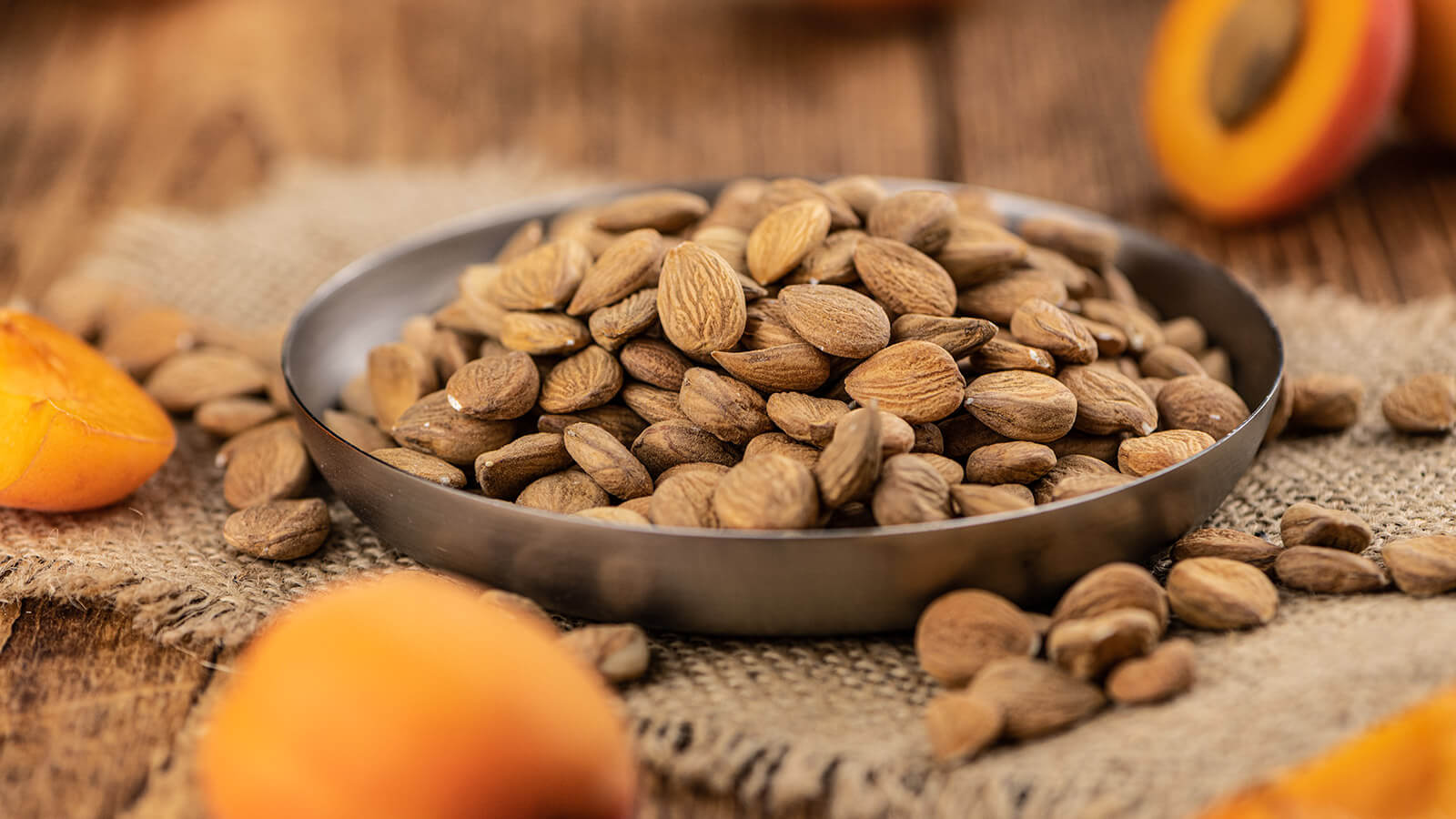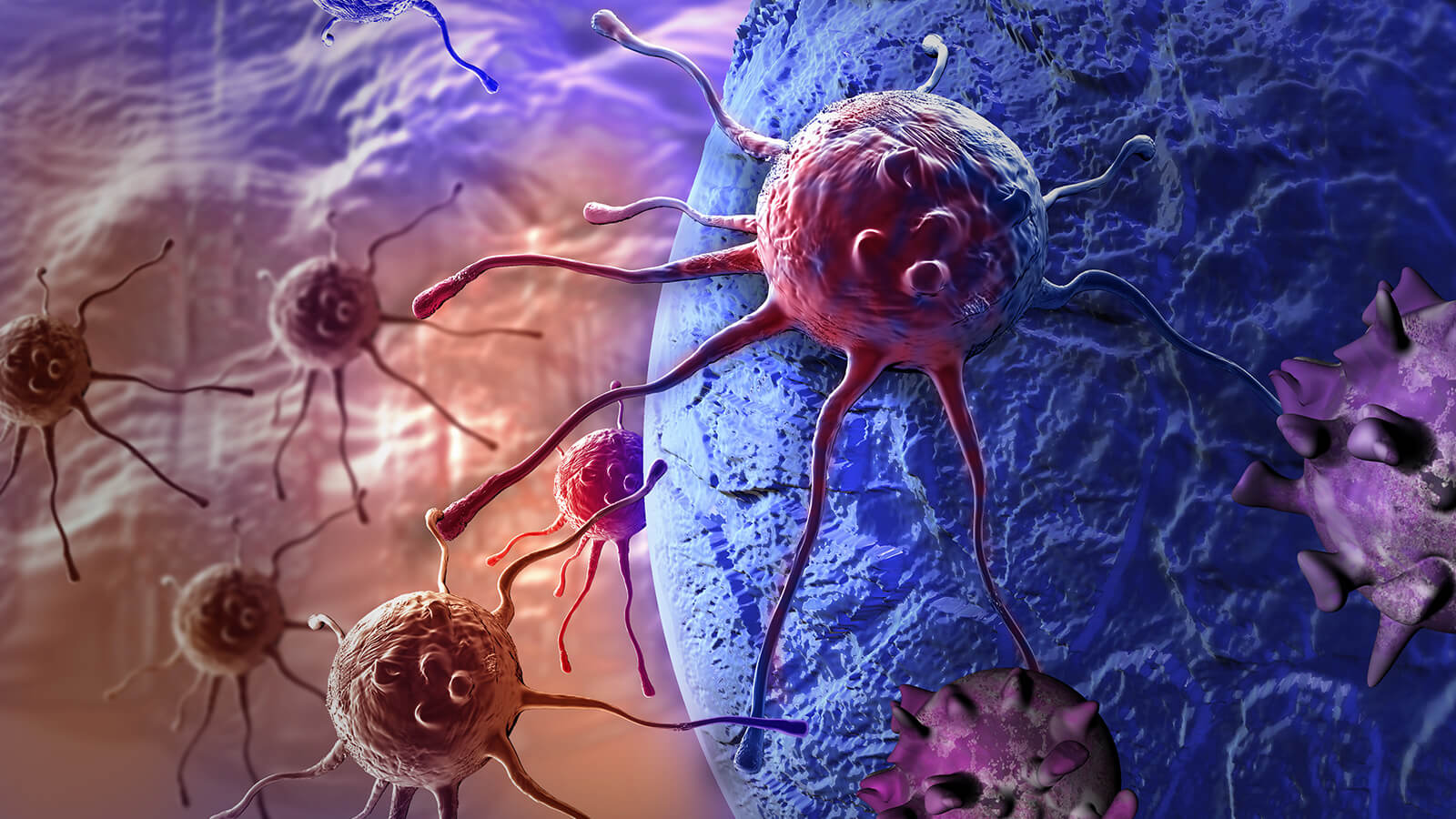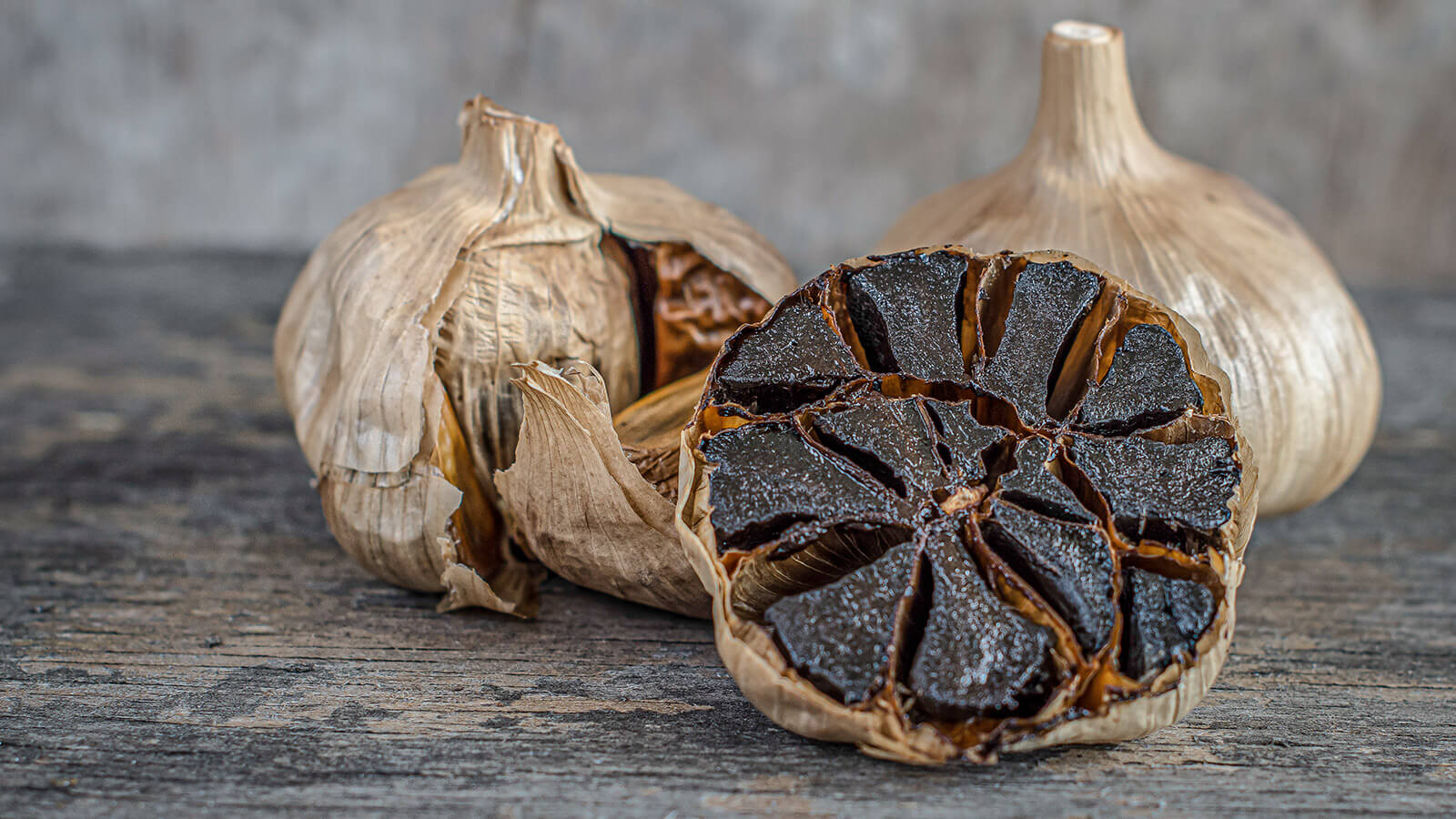1. Cameron, Ewan, and Allan Campbell. "The orthomolecular treatment of cancer II. Clinical trial of high-dose ascorbic acid supplements in advanced human cancer." Chemico-biological interactions 9.4 (1974): 285-315; Cameron, Ewan, and Linus Pauling. "Supplemental ascorbate in the supportive treatment of cancer: reevaluation of prolongation of survival times in terminal human cancer." Proceedings of the National Academy of Sciences 75.9 (1978): 4538-4542.
2. Anthony, H. M., and C. J. Schorah. "Severe hypovitaminosis C in lung-cancer patients: the utilization of vitamin C in surgical repair and lymphocyte-related host resistance." British journal of cancer 46.3 (1982): 354-367; Fiaschi, A. I., et al. "Glutathione, ascorbic acid and antioxidant enzymes in the tumor tissue and blood of patients with oral squamous cell carcinoma." European review for medical and pharmacological sciences 9.6 (2005): 361; Choi, Min-Ah, Byung-Sick Kim, and Rina Yu. "Serum antioxidative vitamin levels and lipid peroxidation in gastric carcinoma patients." Cancer letters 136.1 (1999): 89-93.
3. Mayland, Catriona R., Michael I. Bennett, and Keith Allan. "Vitamin C deficiency in cancer patients." Palliative medicine 19.1 (2005): 17-20.Cameron, Ewan, and Linus Pauling. "Supplemental ascorbate in the supportive treatment of cancer: Prolongation of survival times in terminal human cancer." Proceedings of the National Academy of Sciences 73.10 (1976): 3685-3689.
4. Padayatty, Sebastian J., et al. "Intravenously administered vitamin C as cancer therapy: three cases." Cmaj 174.7 (2006): 937-942.
1. Cameron, Ewan, and Allan Campbell. "The orthomolecular treatment of cancer II. Clinical trial of high-dose ascorbic acid supplements in advanced human cancer." Chemico-biological interactions 9.4 (1974): 285-315; Cameron, Ewan, and Linus Pauling. "Supplemental ascorbate in the supportive treatment of cancer: reevaluation of prolongation of survival times in terminal human cancer." Proceedings of the National Academy of Sciences 75.9 (1978): 4538-4542.
2. Anthony, H. M., and C. J. Schorah. "Severe hypovitaminosis C in lung-cancer patients: the utilization of vitamin C in surgical repair and lymphocyte-related host resistance." British journal of cancer 46.3 (1982): 354-367; Fiaschi, A. I., et al. "Glutathione, ascorbic acid and antioxidant enzymes in the tumor tissue and blood of patients with oral squamous cell carcinoma." European review for medical and pharmacological sciences 9.6 (2005): 361; Choi, Min-Ah, Byung-Sick Kim, and Rina Yu. "Serum antioxidative vitamin levels and lipid peroxidation in gastric carcinoma patients." Cancer letters 136.1 (1999): 89-93.
3. Mayland, Catriona R., Michael I. Bennett, and Keith Allan. "Vitamin C deficiency in cancer patients." Palliative medicine 19.1 (2005): 17-20.Cameron, Ewan, and Linus Pauling. "Supplemental ascorbate in the supportive treatment of cancer: Prolongation of survival times in terminal human cancer." Proceedings of the National Academy of Sciences 73.10 (1976): 3685-3689.
4. Padayatty, Sebastian J., et al. "Intravenously administered vitamin C as cancer therapy: three cases." Cmaj 174.7 (2006): 937-942.
5. Schoenfeld, Joshua D., et al. "O2⋅− and H2O2-mediated disruption of Fe metabolism causes the differential susceptibility of NSCLC and GBM cancer cells to pharmacological ascorbate." Cancer cell 31.4 (2017): 487-500.
6. Yun, Jihye, et al. "Glucose deprivation contributes to the development of KRAS pathway mutations in tumor cells." Science 325.5947 (2009): 1555-1559.
7. Shenoy, Niraj, et al. "Upregulation of TET activity with ascorbic acid induces epigenetic modulation of lymphoma cells." Blood cancer journal 7.7 (2017): e587-e587.
8. Gustafson, Christopher B., et al. "Epigenetic reprogramming of melanoma cells by vitamin C treatment." Clinical epigenetics 7.1 (2015): 1-11; Peng, Ding, et al. "Vitamin C increases 5-hydroxymethylcytosine level and inhibits the growth of bladder cancer." Clinical epigenetics 10.1 (2018): 1-13.
9. Gillberg, Linn, et al. "Vitamin C–A new player in regulation of the cancer epigenome." Seminars in cancer biology. Vol. 51. Academic Press, 2018.
10. Pezzuto, Aldo, and Elisabetta Carico. "Role of HIF-1 in cancer progression: novel insights. A review." Current molecular medicine 18.6 (2018): 343-351; Peng, Kesong, et al. "Histone demethylase JMJD2D activates HIF1 signaling pathway via multiple mechanisms to promote colorectal cancer glycolysis and progression." Oncogene 39.47 (2020): 7076-7091; You, Li, et al. "The role of hypoxia‐inducible factor 1 in tumor immune evasion." Medicinal research reviews 41.3 (2021): 1622-1643.
11. Vissers MCM & Das AB Potential mechanisms of action for vitamin C in cancer: reviewing the evidence. Front. Physiol 9, 809 (2018).
12. Wilkes, Justin G., et al. "Pharmacologic ascorbate (P-AscH−) suppresses hypoxia-inducible Factor-1α (HIF-1α) in pancreatic adenocarcinoma." Clinical & experimental metastasis 35.1 (2018): 37-51; Jóźwiak, Paweł, et al. "Expression of hypoxia inducible factor 1α and 2α and its association with vitamin C level in thyroid lesions." Journal of Biomedical Science 24.1 (2017): 1-10; Campbell, Elizabeth J., et al. "Restoring physiological levels of ascorbate slows tumor growth and moderates HIF‐1 pathway activity in Gulo−/− mice." Cancer medicine 4.2 (2015): 303-314.
13. Mastrangelo, Domenico, et al. "Mechanisms of anti-cancer effects of ascorbate: Cytotoxic activity and epigenetic modulation." Blood Cells, Molecules, and Diseases 69 (2018): 57-64; Mingay, Matthew, et al. "Vitamin C-induced epigenomic remodelling in IDH1 mutant acute myeloid leukaemia." Leukemia 32.1 (2018): 11-20.
14. Imtiyaz, Hongxia Z., et al. "Hypoxia-inducible factor 2α regulates macrophage function in mouse models of acute and tumor inflammation." The Journal of clinical investigation 120.8 (2010).
15. Noman, Muhammad Zaeem, et al. "PD-L1 is a novel direct target of HIF-1α, and its blockade under hypoxia enhanced MDSC-mediated T cell activation." Journal of Experimental Medicine 211.5 (2014): 781-790; Doedens, Andrew L., et al. "Macrophage expression of hypoxia-inducible factor-1α suppresses T-cell function and promotes tumor progression." Cancer research 70.19 (2010): 7465-7475.
16. Imtiyaz, Hongxia Z., et al. "Hypoxia-inducible factor 2α regulates macrophage function in mouse models of acute and tumor inflammation." The Journal of clinical investigation 120.8 (2010); Henke, Nina, et al. "Loss of HIF-1β in macrophages attenuates AhR/ARNT-mediated tumorigenesis in a PAH-driven tumor model." Oncotarget 7.18 (2016): 25915.
17. Fraser, Robin C., et al. "The effect of variations in vitamin C intake on the cellular immune response of guinea pigs." The American Journal of Clinical Nutrition 33.4 (1980): 839-847; Kennes, Bernard, et al. "Effect of vitamin C supplements on cell-mediated immunity in old people." Gerontology 29.5 (1983): 305-310; Uchio, Ryusei, et al. "High dietary intake of vitamin C suppresses age-related thymic atrophy and contributes to the maintenance of immune cells in vitamin C-deficient senescence marker protein-30 knockout mice." British Journal of Nutrition 113.4 (2015): 603-609.
18. Manning, J.; Mitchell, B.; Appadurai, D.A.; Shakya, A.; Pierce, L.J.; Wang, H.; Nganga, V.; Swanson, P.C.; May, J.M.; Tantin, D.; et al. Vitamin C promotes maturation of T-cells. Antioxid. Redox Signal. 2013, 19, 2054–2067.
19. Huijskens, Mirelle JAJ, et al. "Technical Advance: Ascorbic acid induces development of double‐positive T cells from human hematopoietic stem cells in the absence of stromal cells." Journal of Leukocyte Biology 96.6 (2014): 1165-1175; Manning, Jared, et al. "Vitamin C promotes maturation of T-cells." Antioxidants & redox signaling 19.17 (2013): 2054-2067.
20. Huijskens, Mirelle JAJ, et al. "Ascorbic acid promotes proliferation of natural killer cell populations in culture systems applicable for natural killer cell therapy." Cytotherapy 17.5 (2015): 613-620.
21. Zhang, Qian, et al. "Tet2 is required to resolve inflammation by recruiting Hdac2 to specifically repress IL-6." Nature 525.7569 (2015): 389-393.
22. Tsagaratou, Ageliki, et al. "TET proteins regulate the lineage specification and TCR-mediated expansion of i NKT cells." Nature immunology 18.1 (2017): 45-53; Beyaz, Semir, et al. "The histone demethylase UTX regulates the lineage-specific epigenetic program of invariant natural killer T cells." Nature immunology 18.2 (2017): 184-195.
23. Chen, Y.; Luo, G.; Yuan, J.; Wang, Y.; Yang, X.; Wang, X.; Li, G.; Liu, Z.; Zhong, N. Vitamin C mitigates oxidative stress and tumor necrosis factor-alpha in severe community-acquired pneumonia and LPS-induced macrophages. Mediat. Inflamm. 2014.
24. Chen, Y.; Luo, G.; Yuan, J.; Wang, Y.; Yang, X.; Wang, X.; Li, G.; Liu, Z.; Zhong, N. Vitamin C mitigates oxidative stress and tumor necrosis factor-alpha in severe community-acquired pneumonia and LPS-induced macrophages. Mediators Inflamm. 2014, 2014, 426740.
25. Cárcamo, J.M.; Pedraza, A.; Bórquez-Ojeda, O.; Zhang, B.; Sanchez, R.; Golde, D.W. Vitamin C is a kinase inhibitor: Dehydroascorbic acid inhibits IkappaBalpha kinase beta. Mol. Cell. Biol. 2004, 24, 6645–6652.
26. Ferrada, Luciano, et al. "Two distinct faces of vitamin C: AA vs. DHA." Antioxidants 10.2 (2021): 215; Fisher, B.J.; Seropian, I.M.; Kraskauskas, D.; Thakkar, J.N.; Voelkel, N.F.; Fowler, A.A.; Natarajan, R. Ascorbic acid attenuates lipopolysaccharide-induced acute lung injury. Crit. Care Med. 2011, 39, 1454–1460; Bowie, A.G.; O’Neill, L.A.J. Vitamin C Inhibits NF-kB Activation by TNF Via the Activation of p38 Mitogen-Activated Protein Kinase. J. Immunol. 2000, 165, 7180–7188.
27. Chen, Y.; Luo, G.; Yuan, J.; Wang, Y.; Yang, X.; Wang, X.; Li, G.; Liu, Z.; Zhong, N. Vitamin C mitigates oxidative stress and tumor necrosis factor-alpha in severe community-acquired pneumonia and LPS-induced macrophages. Mediators Inflamm. 2014, 2014, 42674.
28. Mikirova, Nina, et al. "Effect of high-dose intravenous vitamin C on inflammation in cancer patients." Journal of translational medicine 10.1 (2012): 1-10.

